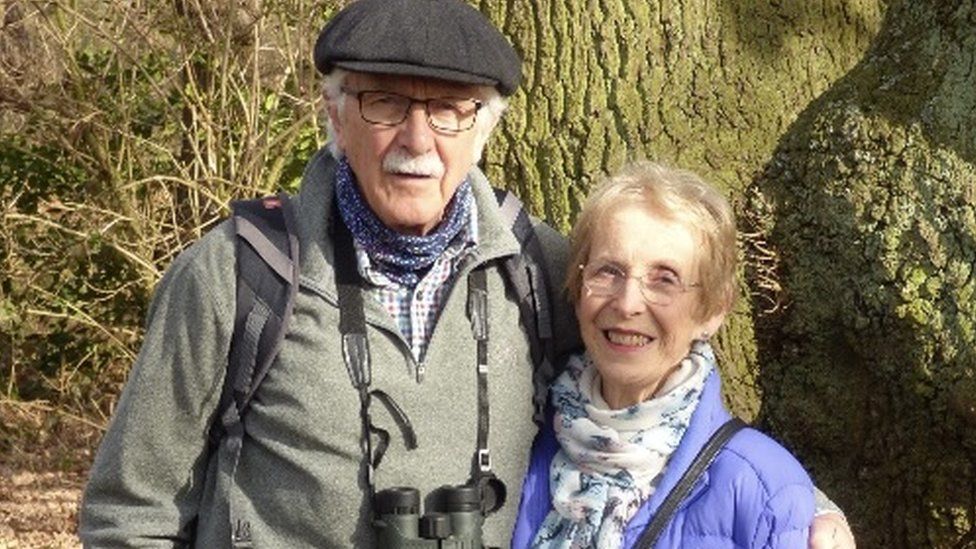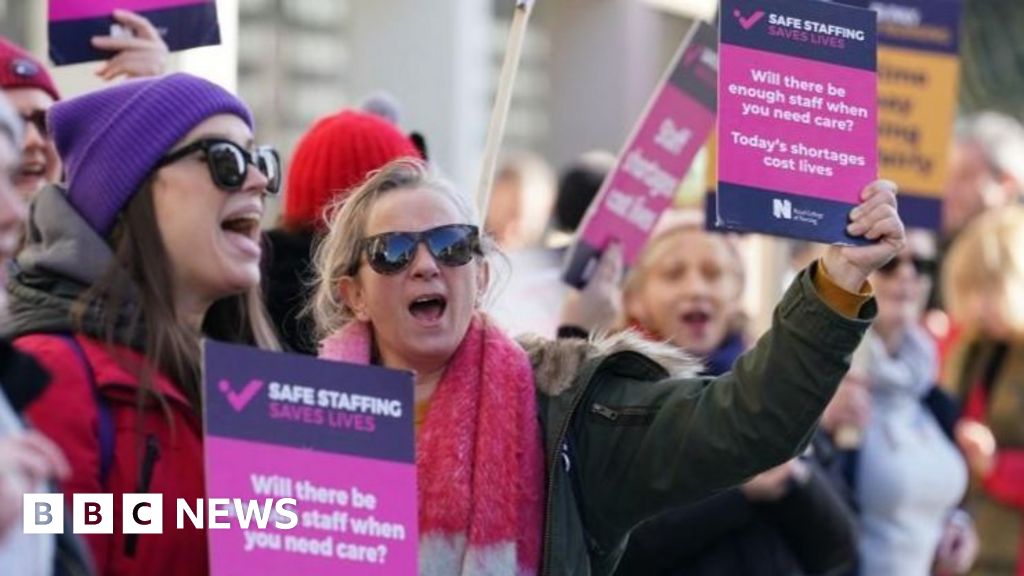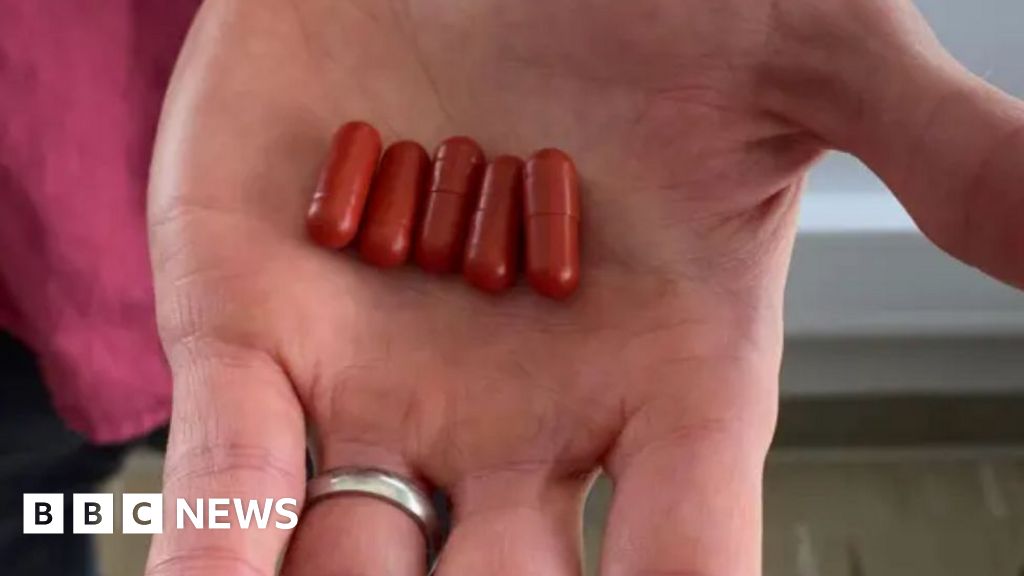ARTICLE AD BOX
 Image source, Broadcast Revolution
Image source, Broadcast Revolution
Jane Thacker, 79, said she was now cancer-free after taking the new treatment
By Shannon Samecki
BBC News, Nottingham
A new drug for people with a severe form of blood cancer has been approved for use.
Blood cancer is the fifth most common cancer and the third leading cause of cancer-related death in the UK.
Epcoritamab is for patients with diffuse large B-cell lymphoma (DLBCL) which has returned or not responded to other treatments.
Prof Chris Fox, from the University of Nottingham, said it was good news for patients and the clinical community.
DLBCL is an aggressive blood cancer, with nearly 5,500 new diagnoses in the UK each year.
For about 700 of these patients who have the severest form of the disease, the limited options were based around intravenous drugs.
Epcoritamab is a simpler injection, which stimulates the body's immune system to attack the cancer cells.
Image source, Getty Images
Image caption,The new drug is given via a simple injection, rather than intravenously
Jane Thacker, from Mansfield in Nottinghamshire, was diagnosed with blood cancer in 2006.
The 79-year-old said: "I found a pea-sized lump across my eyelid. I had no other symptoms, so the doctors weren't worried, but the optician referred me back to the GP and eventually I had the lump surgically removed.
"The lump revealed I had an aggressive form of blood cancer called DLBCL. I wondered if I'd live to see any grandchildren."
Ms Thacker relapsed four times but said she was now in remission thanks to the new treatment and was back to being her "energetic self".
Prof Fox, from the university's school of medicine, said: "Despite recent therapeutic advances, treatment options for this hard-to-treat group of patients have been limited.
"This can mean many patients do not have suitably effective treatment options, resulting in a poor prognosis.
"The decision by NICE [the National Institute for Health and Care Excellence] will be welcomed by both patients and the clinical community."
Rincy George, policy officer at the charity Blood Cancer UK, also welcomed NICE's decision, describing it as "a welcome step for many".
Follow BBC East Midlands on Facebook, on X, or on Instagram. Send your story ideas to eastmidsnews@bbc.co.uk.
Related Internet Links
The BBC is not responsible for the content of external sites.

 1 year ago
114
1 year ago
114








 English (US) ·
English (US) ·